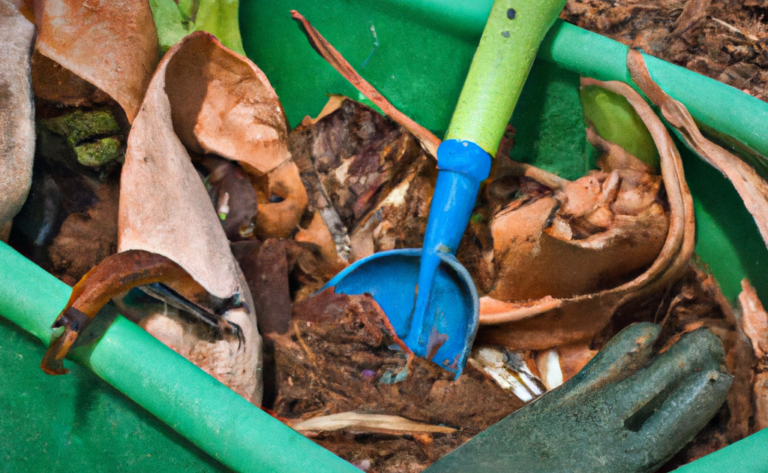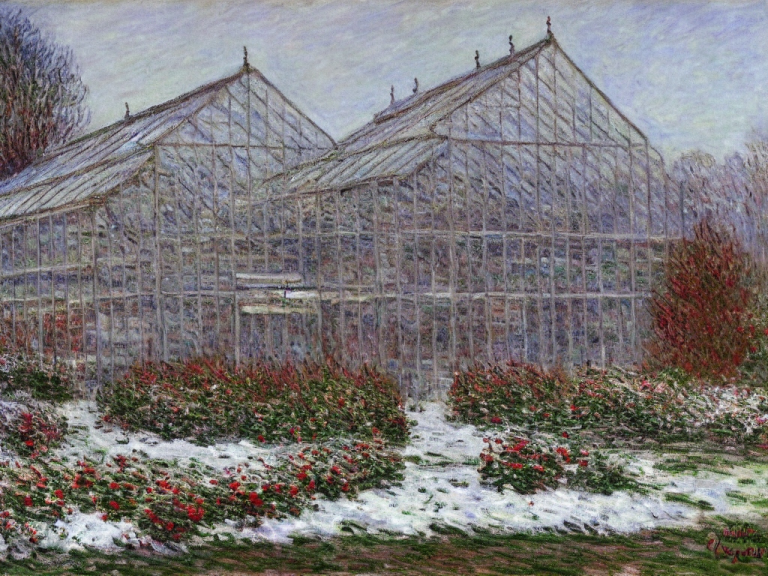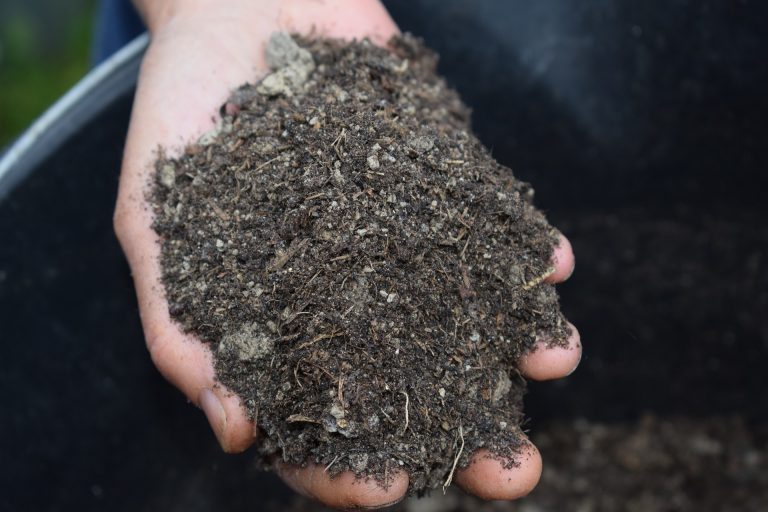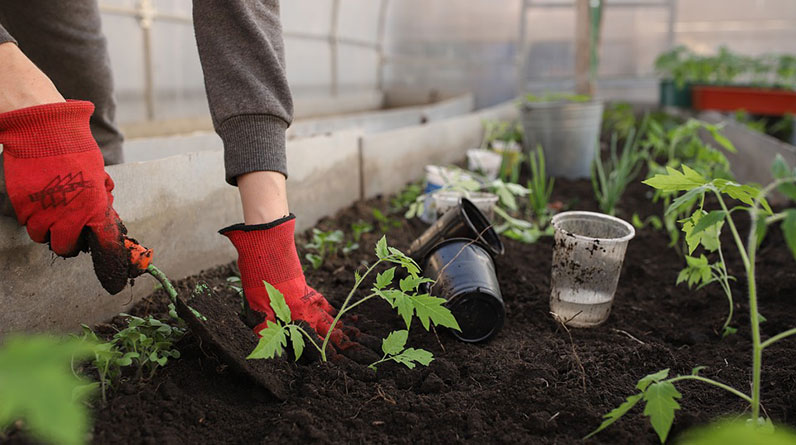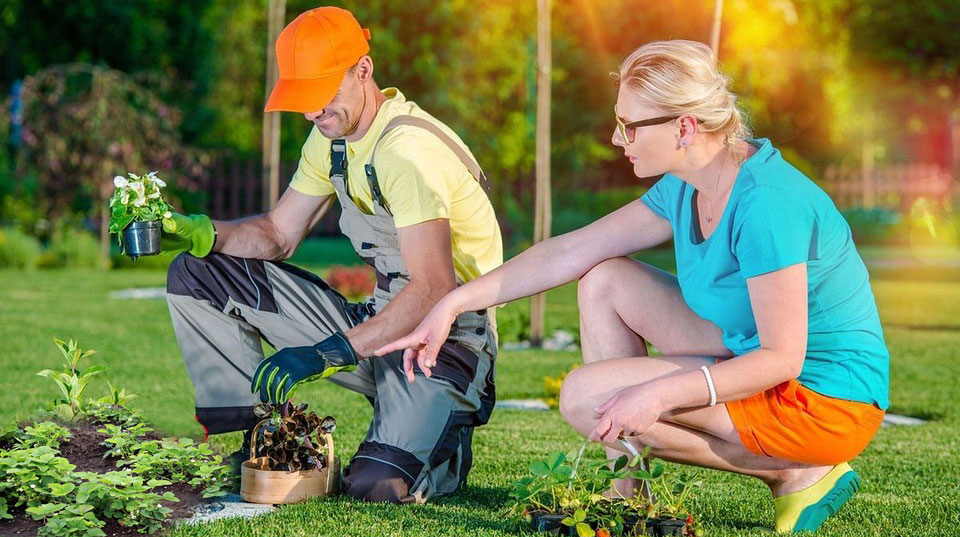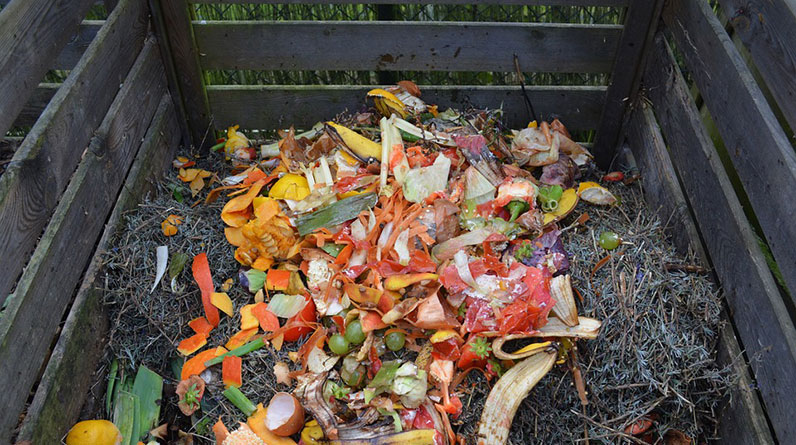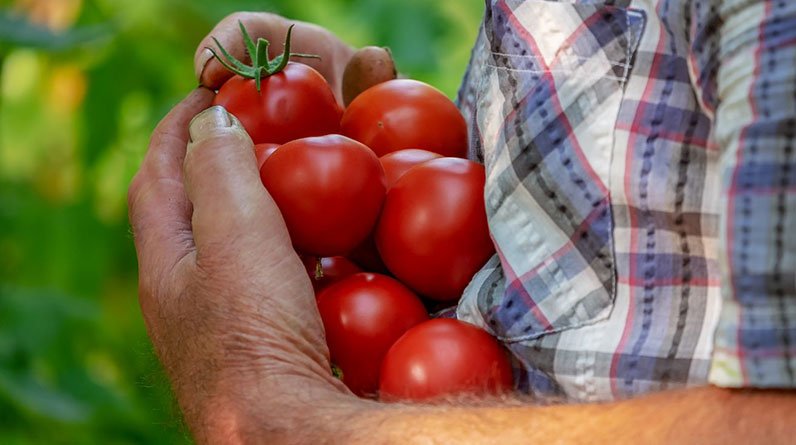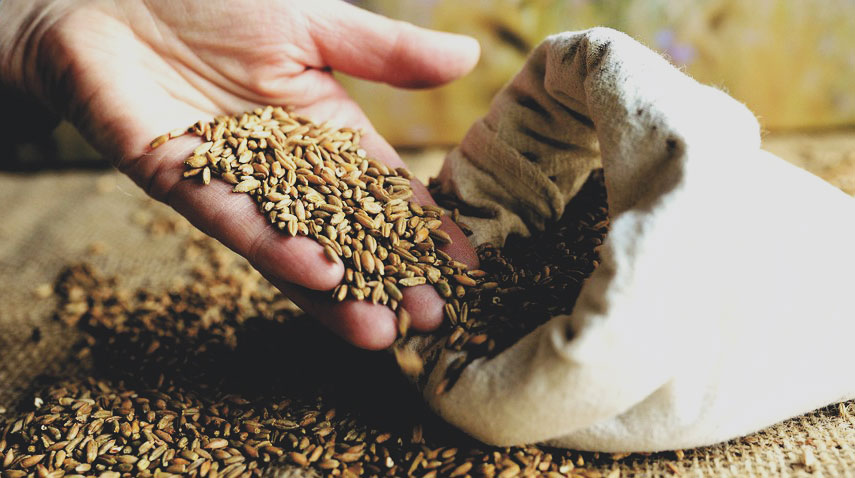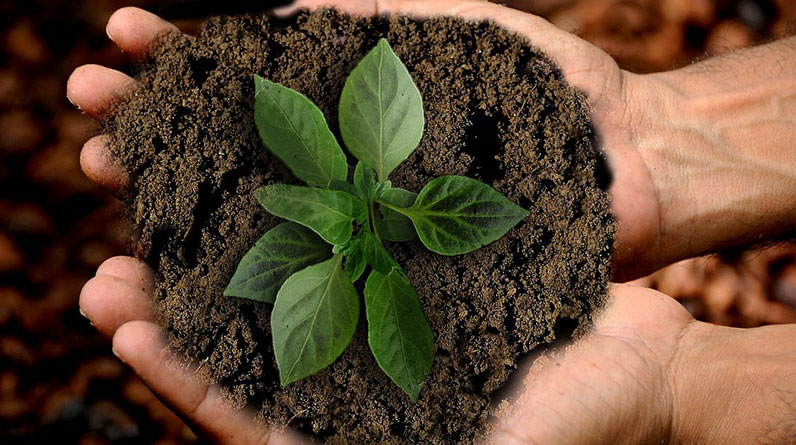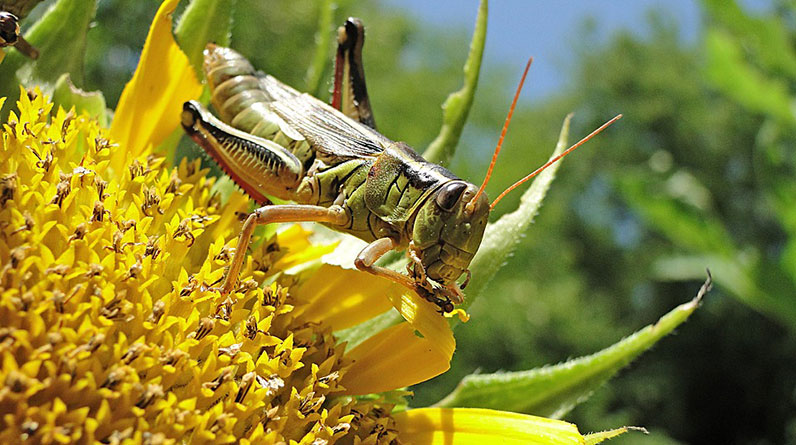Composting Techniques And Best Practices
This article provides information and best practices for successful composting. It covers various composting techniques, such as indoor composting, outdoor composting, and vermicomposting. It also discusses choosing the right materials, managing temperature and moisture levels, and troubleshooting common issues. The article emphasizes the benefits of composting, including reducing waste, improving soil fertility, and promoting environmental sustainability.
